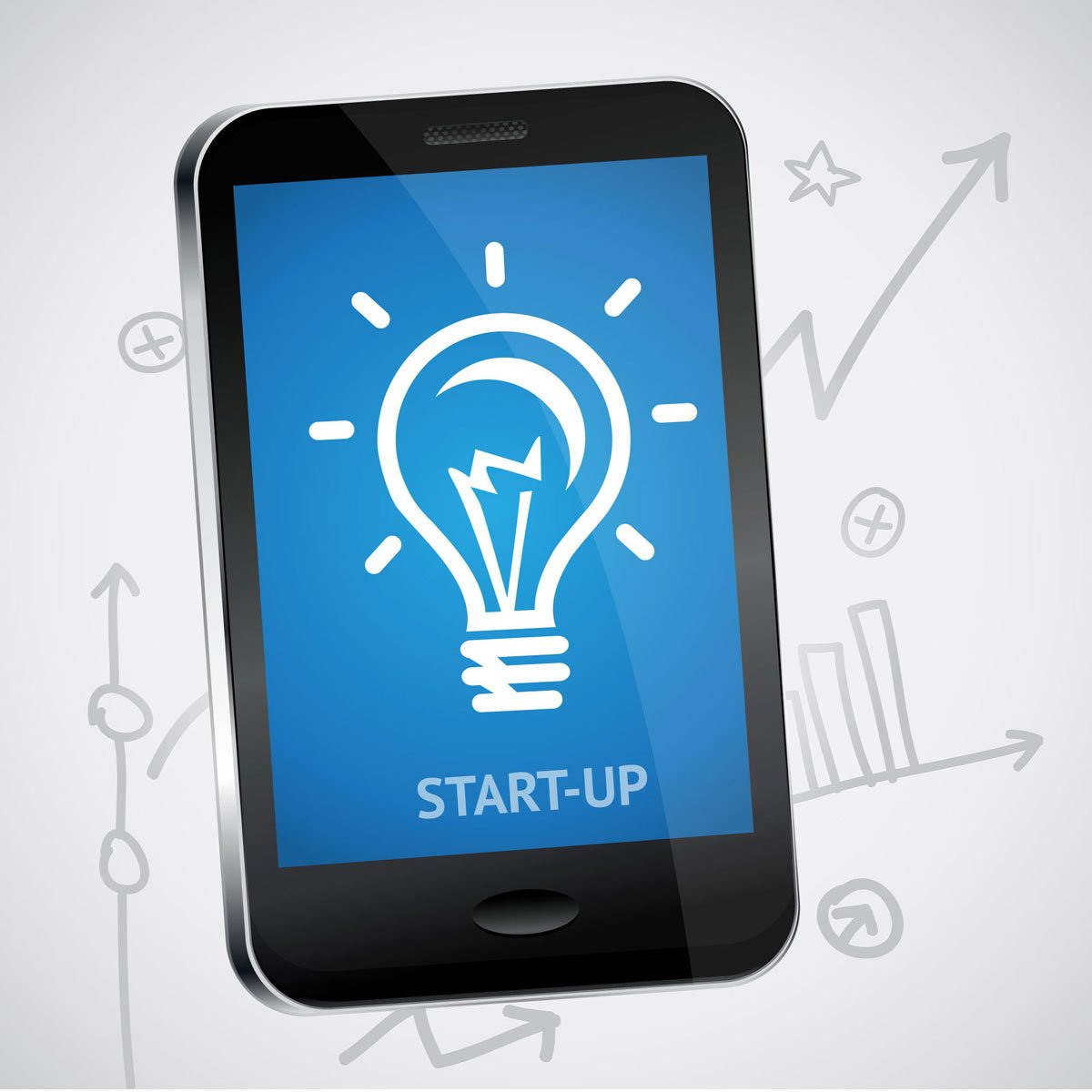BYOD or Bring Your Own Device, is a trend that is quickly gaining momentum. After all roughly 60% of workers today access company data on their smartphones and tablets, but only a third of businesses have implemented management tools and processes for those devices, according to Ovum’s 2013 Bring-Your-Own survey of 4,371 employees in businesses in 19 countries. Its also a fact that approximately 30% of businesses have any type of BYOD management in place.
This naturally raises some unexpected issues, while we are all champoining the current trend. According to new research from MobileIron, “although Bring Your Own Device (BYOD) is becoming a standard business practice, there is a big disconnect between employees and employers when it comes to what is private and what is not on a mobile device”.
The research found that 84% of respondents own the smartphone they use for work purposes, as do 82% of tablet users. When asked: “What information on your mobile device do you think your employer can see?” nearly half the respondents (41%) were sure their employer could not see any information on their mobile device, while 15% were not sure. Only 28% think their company can see their work email and attachments while only 22% think their company can see their work contacts.
The reality is that if these devices are used to get corporate email, employers can see work email and attachments on a mobile device as easily as they can on a PC. That’s a gulf between expectations and reality. On their blog Ojas Rege raises an important point:
“Only 30% of the respondents say they “completely trust” their employer to keep their personal information private. On one hand, I’m surprised this number isn’t smaller and the Trust Gap isn’t bigger, because privacy is clearly in the public eye. On the other hand, people regularly expose personal data to consumer apps and services and have arguably gotten somewhat nonchalant about sharing their information.
However, though an employer already holds a substantial amount of an employee’s personal data, such as health history, criminal background checks, and family data, mobile introduces daily lifestyle information into the mix. Employees worry about this type of data being in the hands of the organization on which they depend for their livelihoods because it crosses the boundary between their personal and work lives“.
What employers can do to increase employee trust
When asked what is the single most important thing an employer could do to increase the employee’s trust in the employer’s commitment to protecting privacy, respondents wanted clear communication.
- 26% said the most important thing their employers could do is to explain in detail the purpose of seeing certain information on the device, and how they separate the personal content from work content. This option was especially popular in Germany, with 34% choosing this answer.
- 20% would like their employers to ask their permission in writing before accessing anything on the device.
- 18% would prefer written notification about what their employers can see and what they cannot.
- 18% want a promise in writing that their employers would only look at company information and not personal information.
- 15% want a written request from their employers asking for their permission before accessing anything on my device not relating to work content.
Image credit: mobileiron

Hayden Richards is Contributor of IntelligentHQ. He specialises in finance, trading, investment, and technology, with expertise in both buy-side, sell-side. Contributing and advising various global corporations, Hayden is a thought leader, researching on global regulatory subjects, digital, social media strategies and new trends for Businesses, Capital Markets and Financial Services.
Aside from the articles, interviews and content he writes for IntelligentHQ, Hayden is also a content curator for capital markets, analytic platforms and business industry emerging trends. An avid new media explorer Hayden is driven by a passion for business development, innovation, social business, Tech Trading, payments and eCommerce. A native Trinidadian, Hayden is also a veteran, having served with the Royal Air Force Reserves for the past 10 years.
Follow Hayden on Twitter @HaydenARichards, linkedin.com/haydenhrichards and http://www.scoop.it/u/hayden-richards



























